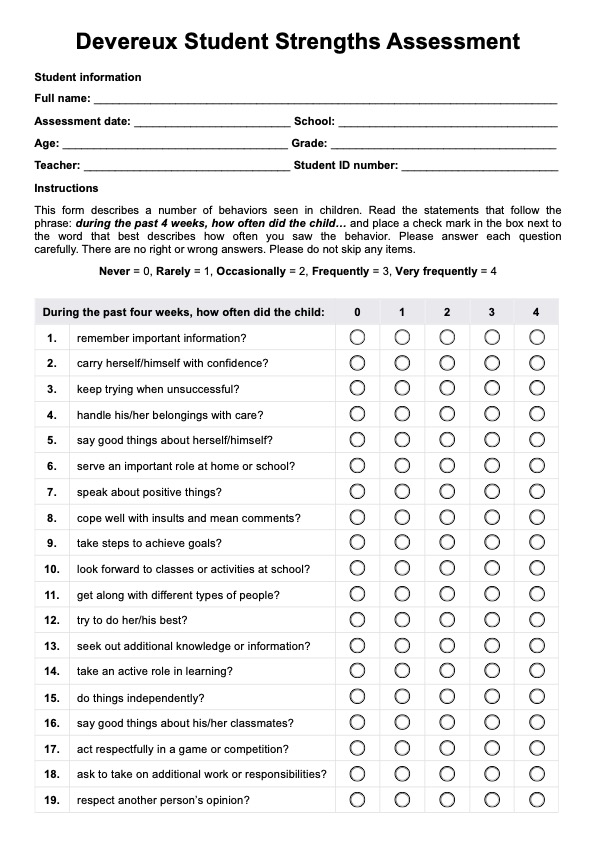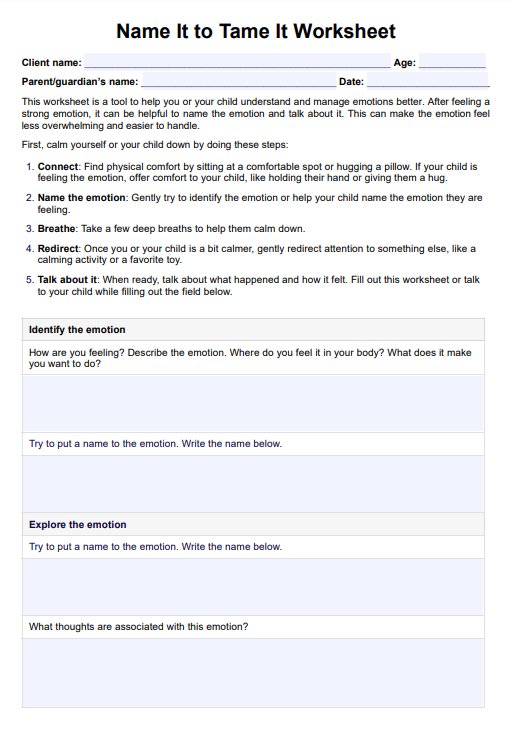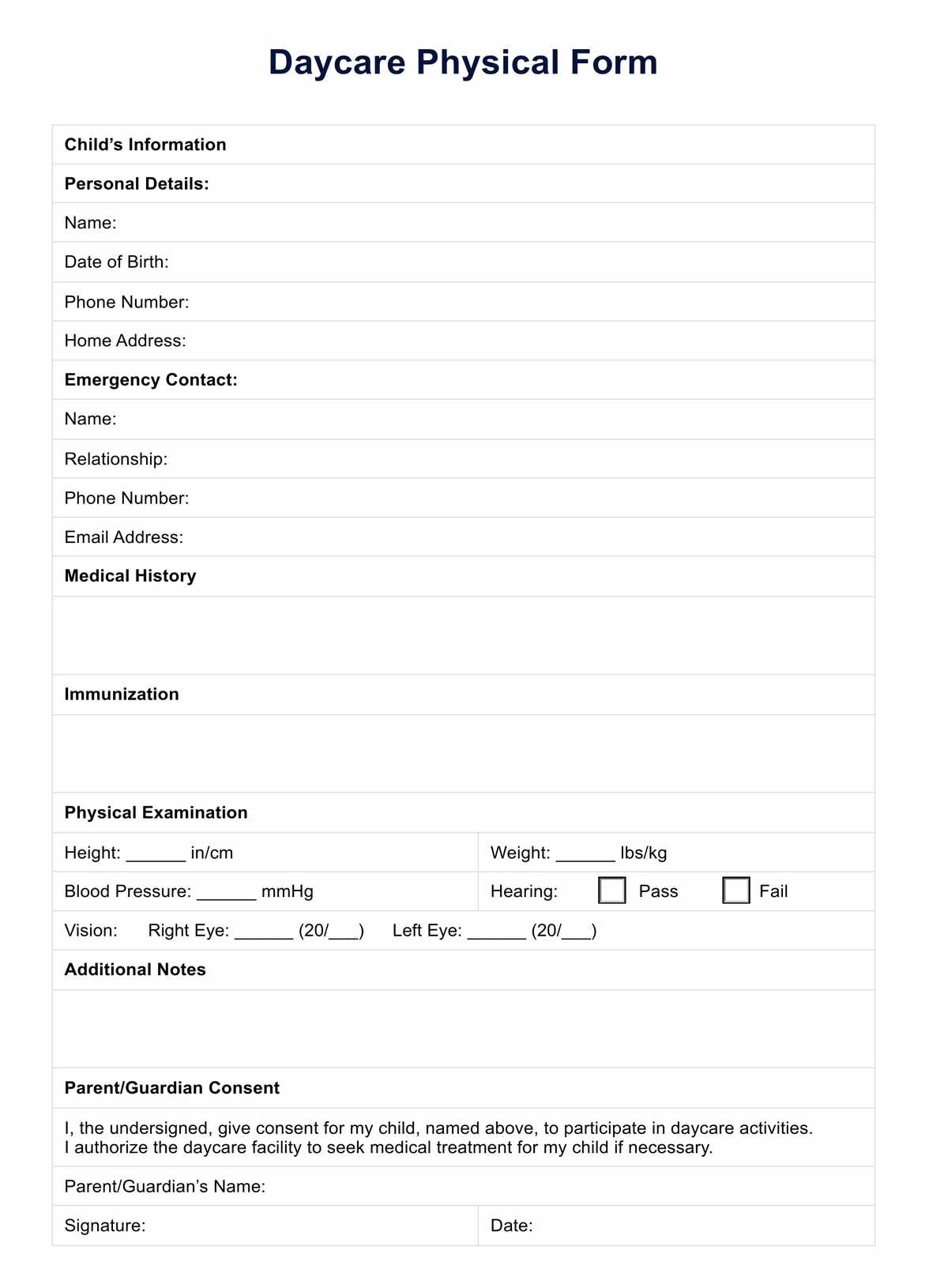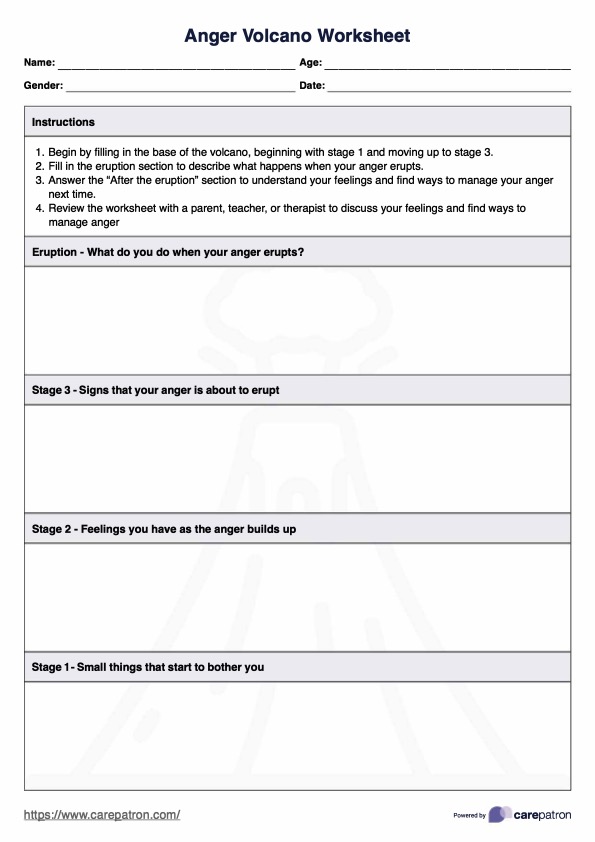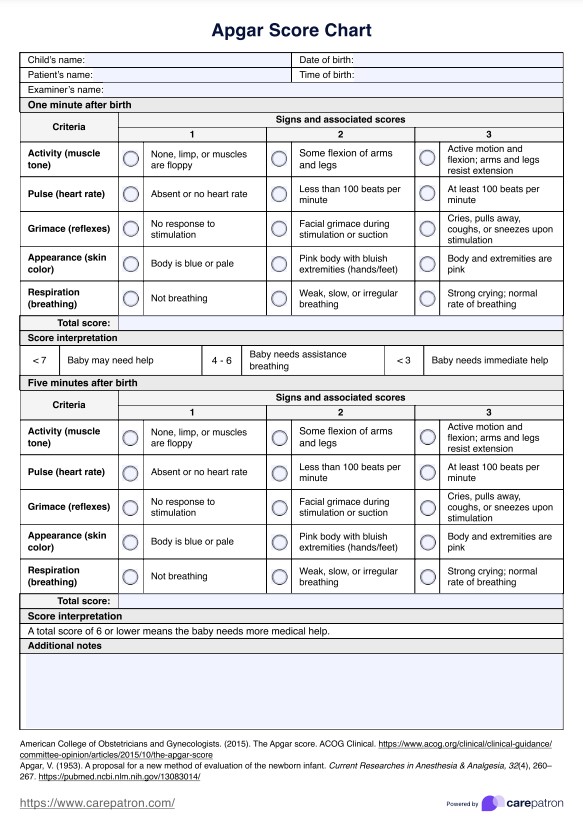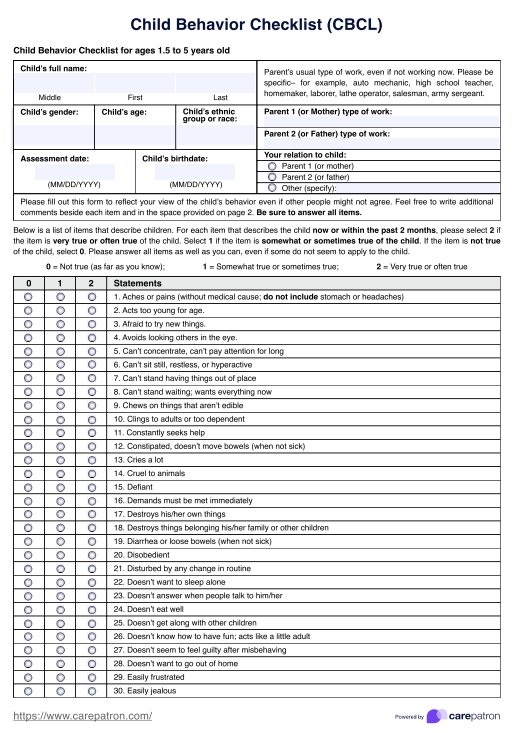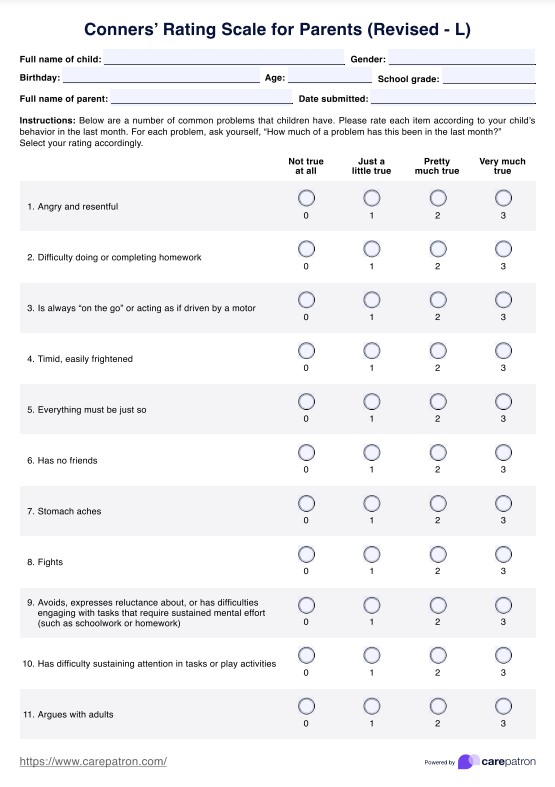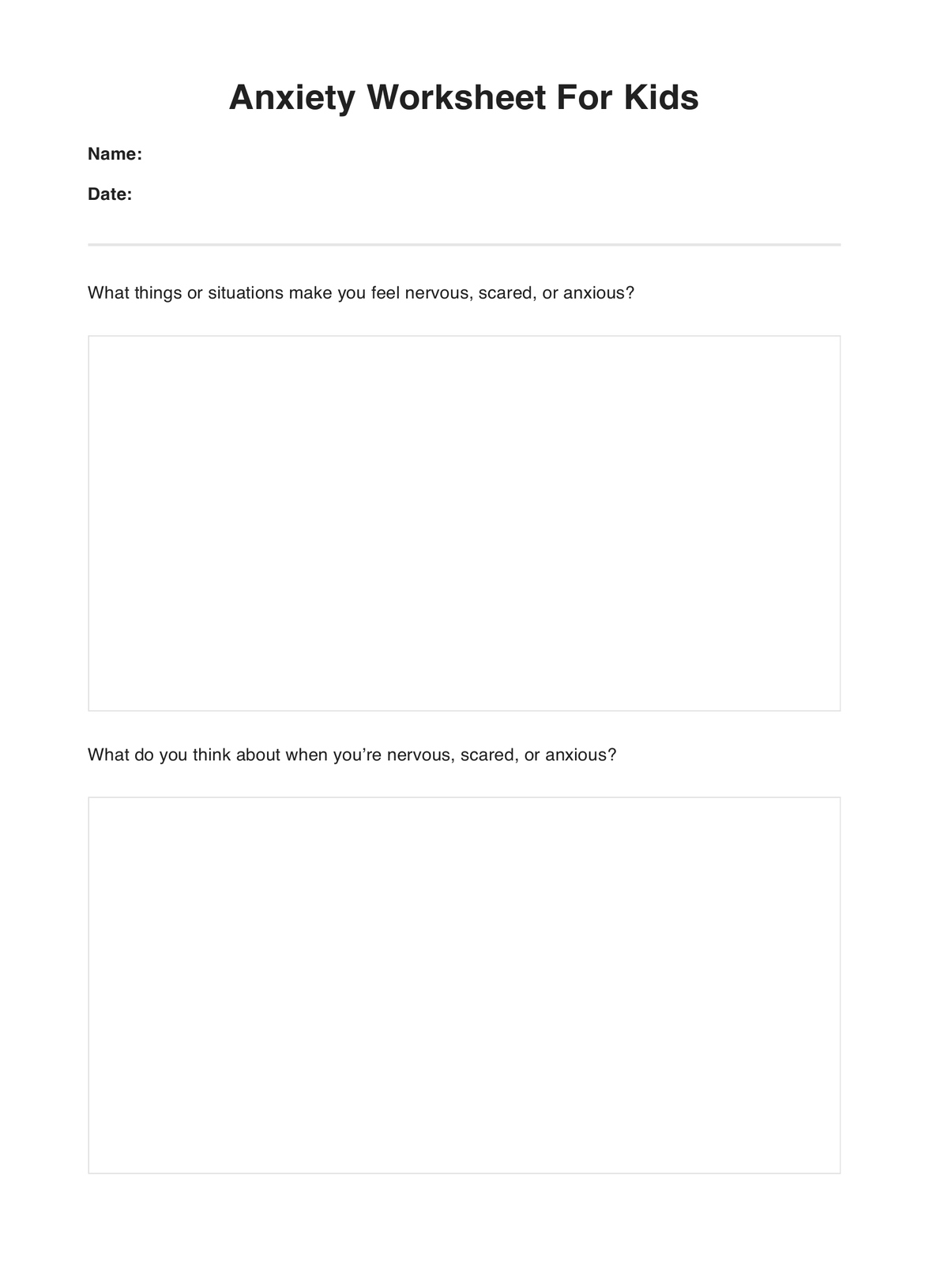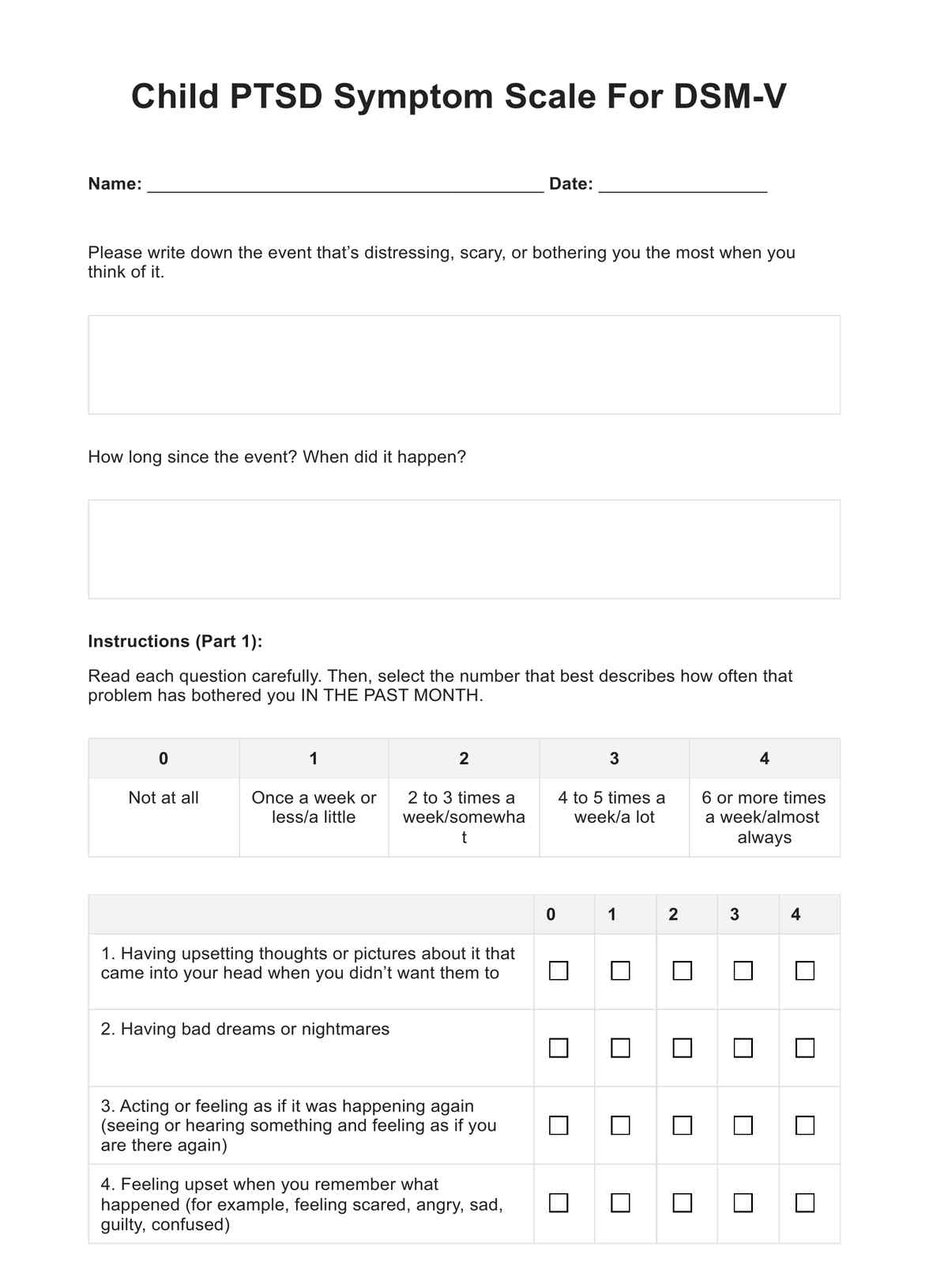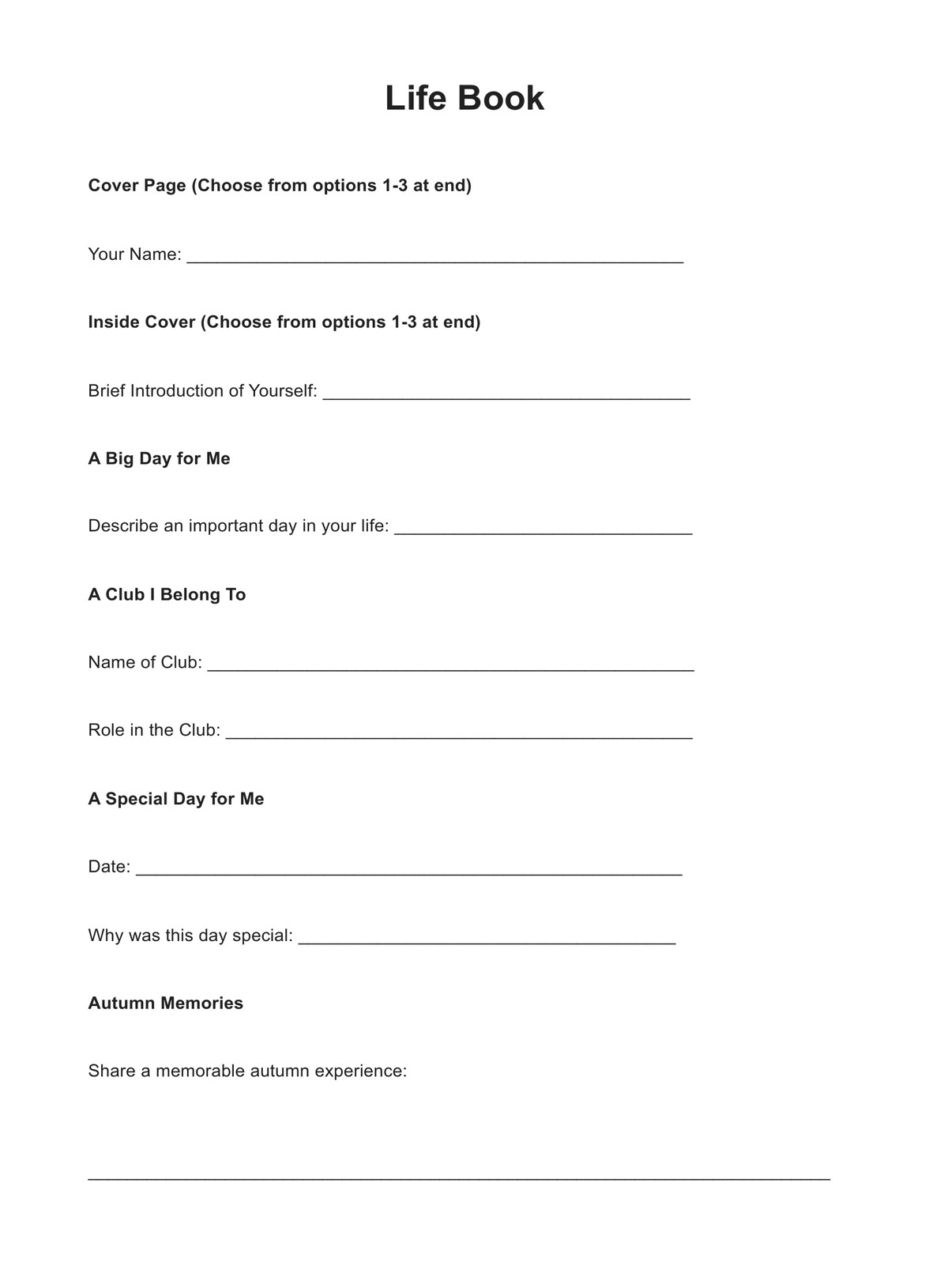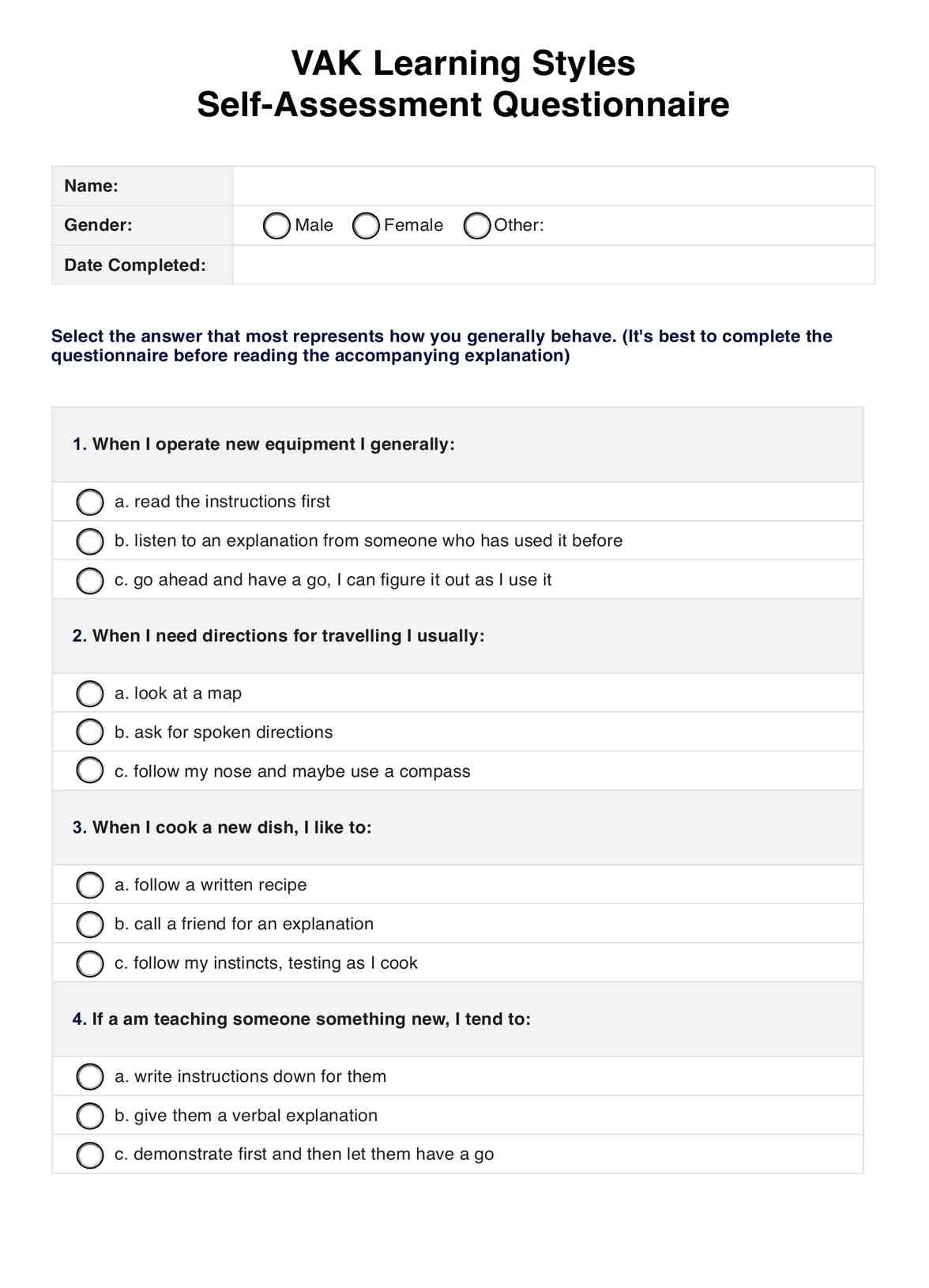Feelings Wheel For Kids Worksheets
Use the Feelings Wheel For Kids Worksheets and learn more about children’s emotions. Download now!


What Is A Feelings Wheel For Kids Worksheet?
A is a tool that will help children identify and understand their emotions. This worksheet includes a visual chart with different emotions. It’s presented in a circular pattern, and each emotion is connected to other similar sentiments.
Typically, the emotion wheel consists of three concentric circles. The innermost circle contains the primary emotions, such as happy, scared, sad, and mad. The middle circle consists of secondary emotions, such as disappointed, offended, excited, and frustrated. The outermost circle consists of tertiary emotions, like bored, ignored, helpless, isolated, and rejected.
But the Feelings Wheel For Kids Worksheet can be much simpler as it’s for children. It doesn’t need many subcategories and can focus only on primary and secondary emotions.
The Feelings Wheel For Kids Worksheet is significant for children to learn more about their emotions. With this knowledge, they can communicate their feelings, develop emotion management, and enhance sensitivity.
By understanding their emotions, the adults around them can provide the necessary support to develop children’s emotional management, take care of their well-being, and be aware of their mental health.
Feelings Wheel For Kids Worksheets Template
Feelings Wheel For Kids Worksheets Example
How To Use This Feelings Wheel For Kids Worksheet
We made this Feelings Wheel For Kids Worksheet easy for you and your child to use. Here are the steps.
Step 1: Download the worksheet
First, you need to access the Feelings Wheel For Kids Worksheet PDF through the link included on this page. Once you have access, you can edit the worksheet on your computer or print it for your sessions.
Step 2: Explain the Feelings Wheel Worksheet
Before the session, you need to explain the Feelings Wheel Worksheet to the children you’re treating. This will help them understand how to navigate through their feelings and make it easier for you to fill out the worksheet.
Step 3: Fill out the worksheet
After you explain the worksheet, you can fill it out with your client during the session. You can guide them and help them identify their feelings and if they remember the specific times they felt those feelings.
Step 4: Store the worksheet securely
Once the session is over, it’s essential to keep the worksheet somewhere safe. This will help in building trust between the children and adults around them. It’s also vital to protect their information and privacy.
Who Can Use These Printable Feelings Wheel For Kids Worksheets (PDF)?
A variety of professionals or people who deal with children can use this Printable Feelings Wheel For Kids, such as:
- Parents
- Therapists
- Social Workers
- Teachers
- Psychologists
- Counselors
Parents can use this worksheet if they want to help their children learn about emotions and develop emotional intelligence.
Therapists can also use the Printable Feelings Wheel For Kids to guide children in identifying their emotions and exploring the root causes of their feelings to provide treatment.
Teachers can use this worksheet to teach children about emotions. This tool can also help teachers understand the children’s emotions and provide the support needed to create a safe learning environment.
Lastly, social workers can use this worksheet to support children in difficult situations. This can assist them in comprehending their emotions, so they can receive the support they need in a way that’s appropriate for them.
Why Is This Form Useful For Psychologists?
Psychologists can benefit from the Feelings Wheel For Kids Worksheet PDF because it can help them:
Understand their clients
Before anything else, it’s crucial that you understand your client’s emotions. Since some children aren’t great communicators yet, this Feelings Wheel For Kids Worksheet can help them communicate their emotions to professionals or adults.
Provide necessary support
Once you know how your clients feel, it will be easier for you to assess their needs. In doing so, you can provide the best treatment plans based on the child’s specific emotional needs.
Promote emotional awareness
This Feelings Wheel For Kids Worksheet can promote emotional awareness to children who have no idea how to determine how they feel. They can learn to tap into their emotions and visually communicate them.

Benefits of Feelings Wheel For Kids Template
Now, let’s dive into the benefits of using the Free Feelings Wheel For Kids Worksheets.
Establish a system
This worksheet can establish a system because you can have a more standardized approach to your workflow and sessions. This template or worksheet will provide you with structured and organized information based on the session.
Promotes consistency
Similar to having a standardized approach, using this worksheet improves the consistency of your framework. You can reduce the risks of errors and inconsistencies since this worksheet is already pre-designed.
Fosters communication
The Feelings Wheel For Kids Worksheet makes it easier for children to communicate their feelings. Using this template is simpler for them to understand and point out how they feel.
Keeps the session engaging
Since the wheel represents different emotions, children can be more engaged by quickly identifying their feelings. Sometimes, emotion wheels have different colors and visual images, too. This worksheet is also perfect for children who may have difficulties expressing themselves verbally.
Tracks the progress
Whenever you have sessions with children, you can compare their emotions over time and identify patterns. Depending on your findings, you can provide children with additional support if needed.
Commonly asked questions
A Feelings Wheel For Kids Worksheet is a tool children can use to label their emotions. The wheel usually has three sections, each representing different levels of emotions.
Using the Feelings Wheel For Kids Worksheets isn’t just limited to therapy. As long as you work with children, you can use this template to understand children better and encourage them to express their feelings.
There are different people who can use this worksheet, such as psychologists, therapists, counselors, teachers, parents, and social workers.





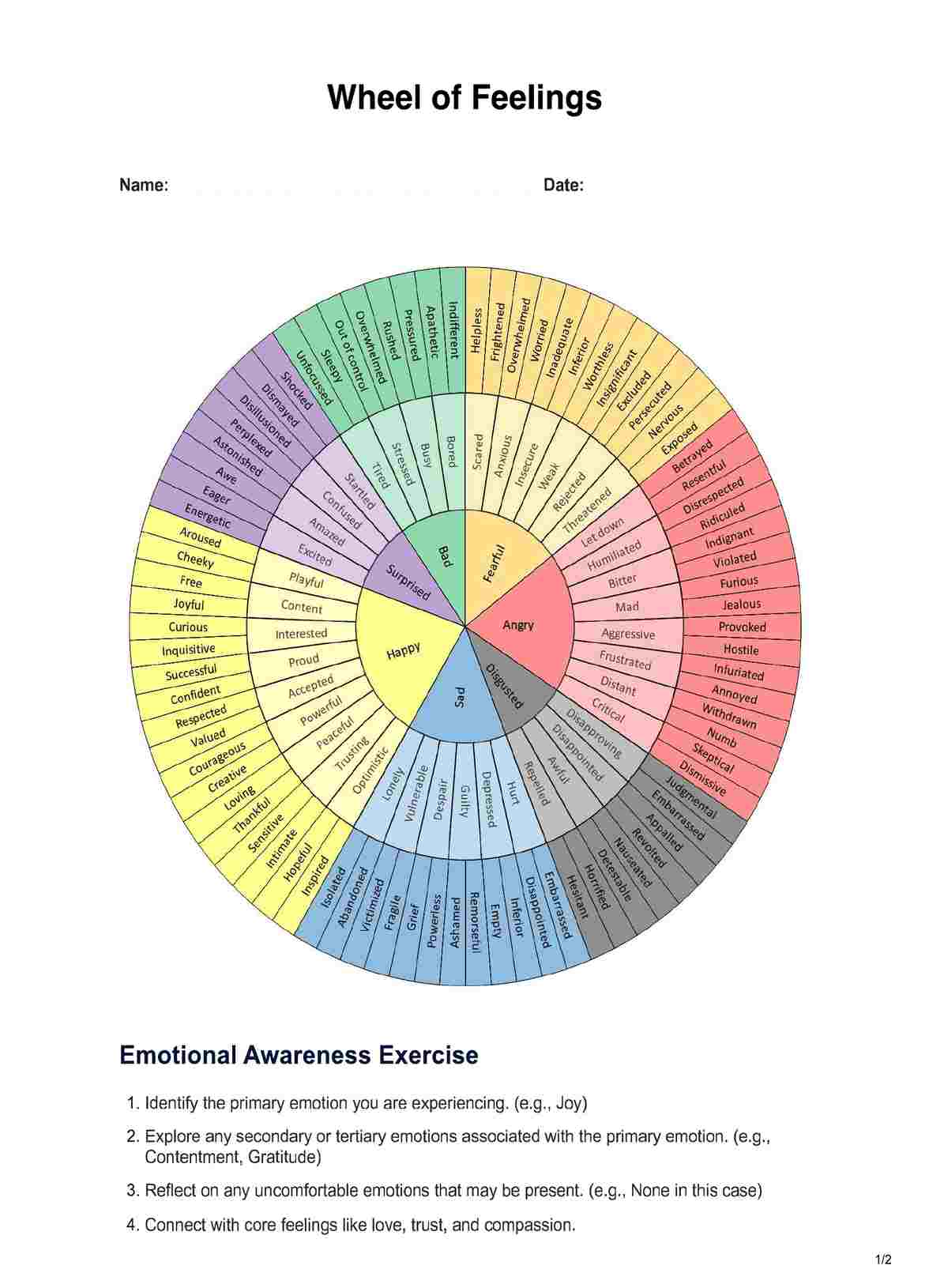
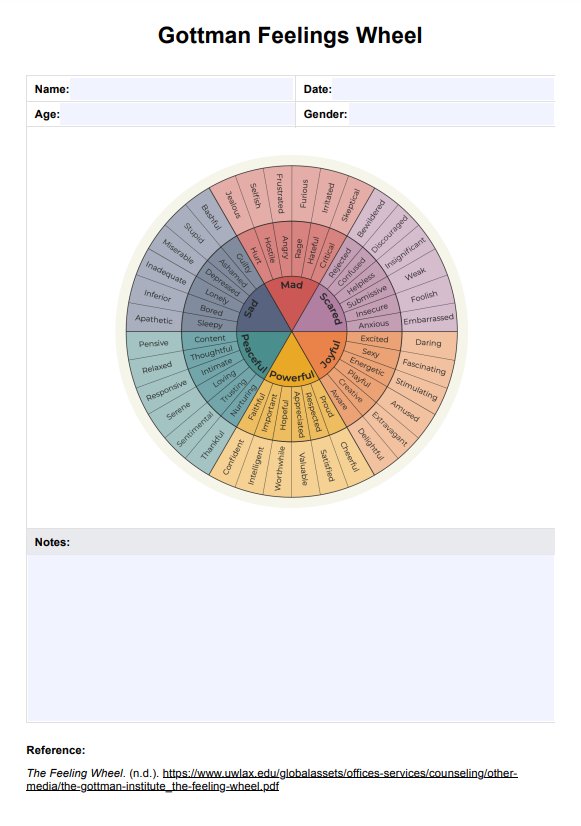













-template.jpg)

























